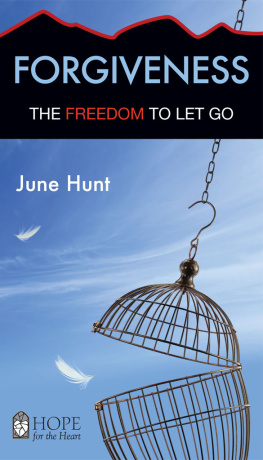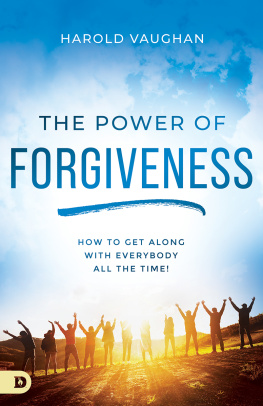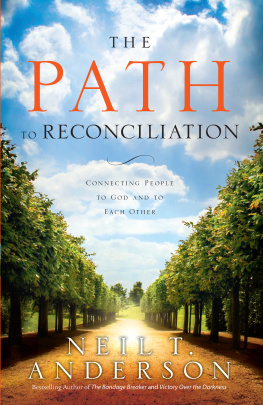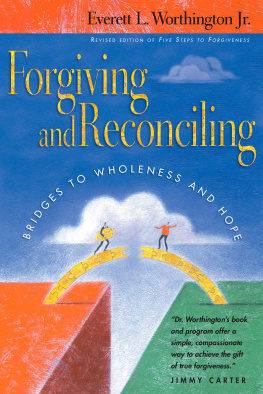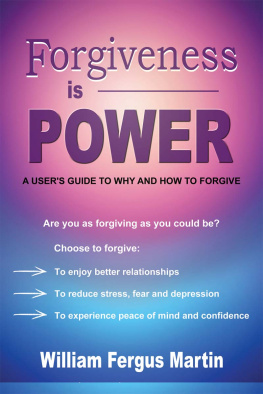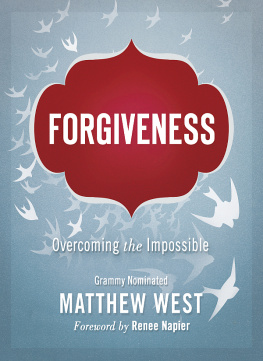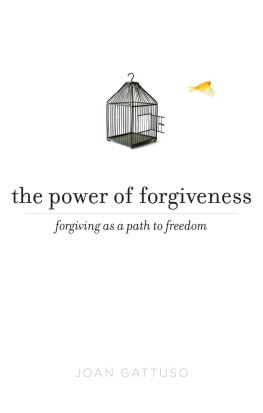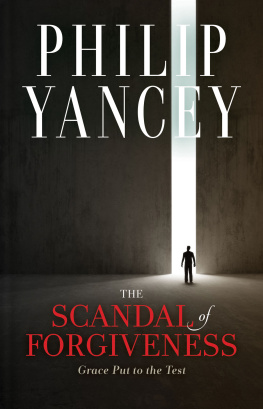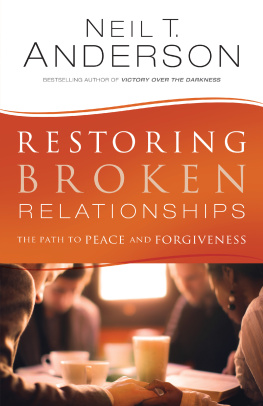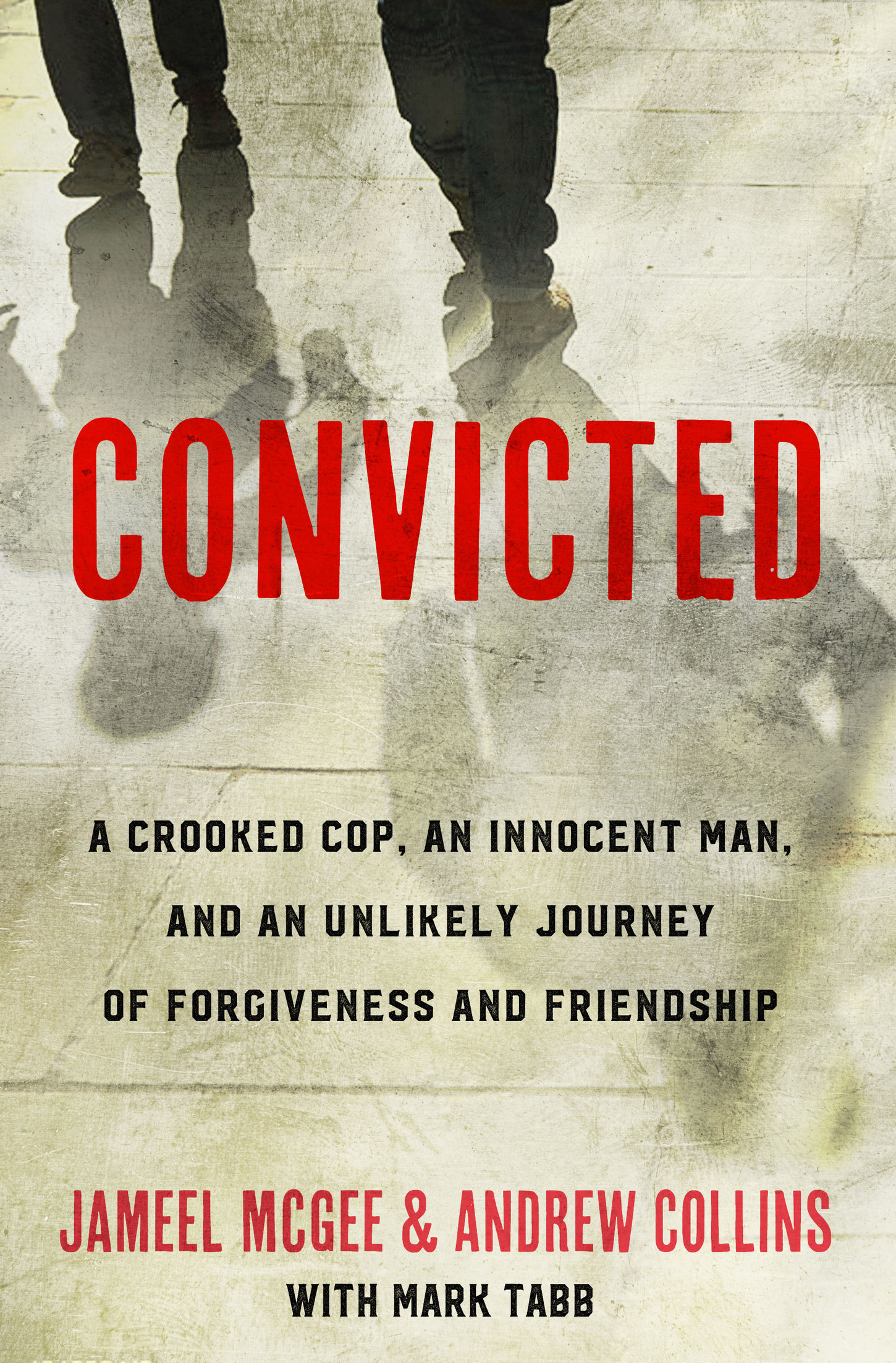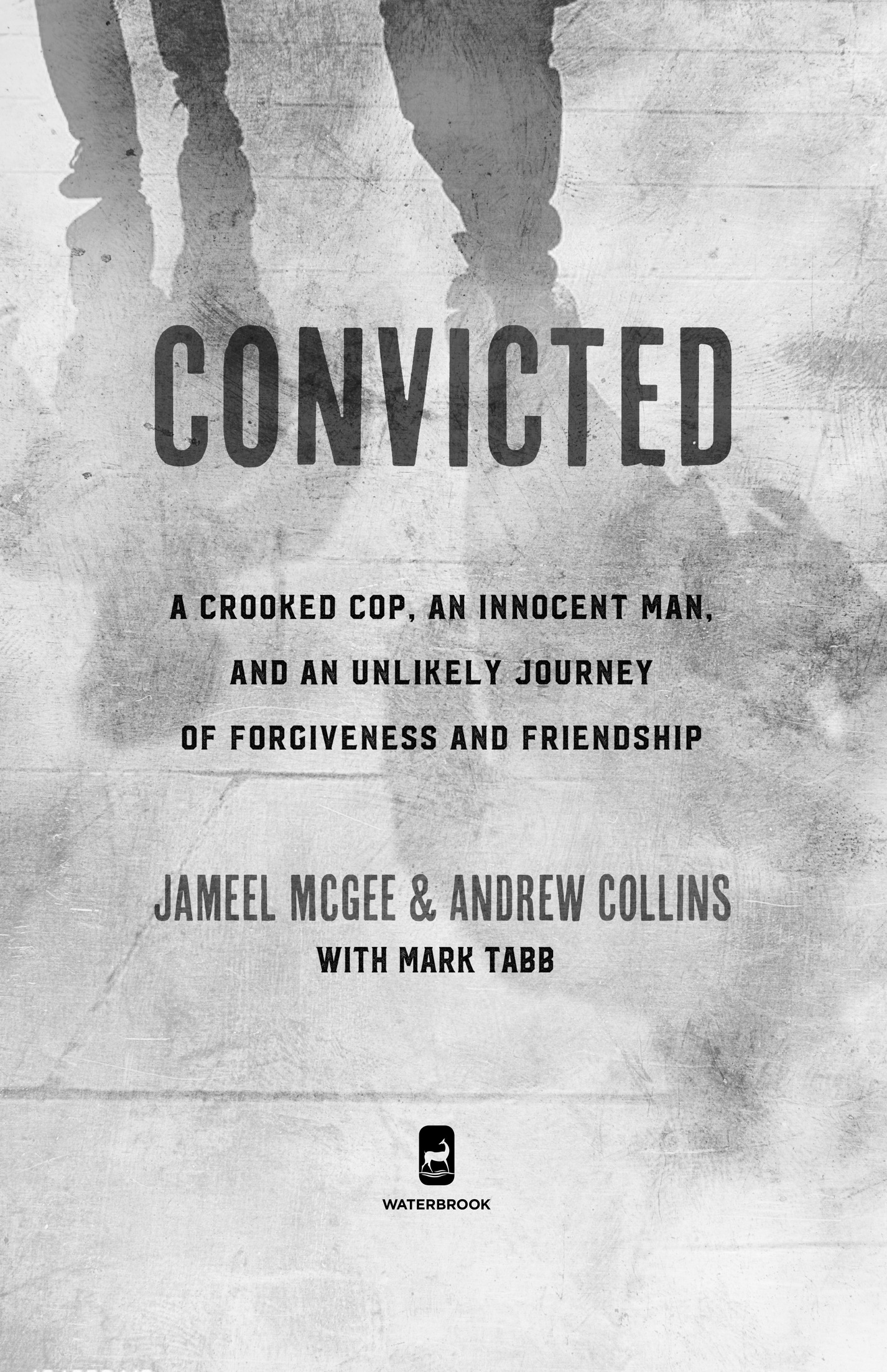Praise for
Convicted
In Convicted, Mark Tabb has captured a story that illustrates the grace and redemption first modeled for the world by Christ on the cross. Its also a story of an improbable friendship that will challenge your assumptions and transform the way you see all those who might live on the other side of town. Convicted is a must-read for anyone who longs for the day when the dividing lines of race, class, and bigotry are finally overcome by the greater forces of love, forgiveness, and brotherhood.
R EV. S AMUEL R ODRIGUEZ, president of the National Hispanic Christian Leadership Conference and author of Be Light
What an amazing story of the work the Holy Spirit can do in our lives when we allow him and the power of forgiveness to heal all wounds!
D ANIEL M UIR , former NFL player with the Indianapolis Colts and other teams
C ONVICTED
All Scripture quotations, unless otherwise indicated, are taken from the Holy Bible, New International Version, NIV. Copyright 1973, 1978, 1984 by Biblica Inc. Used by permission. All rights reserved worldwide. Scripture quotations marked ( KJV ) are taken from the King James Version.
This is a work of nonfiction. Nonetheless, some of the names of the individuals involved have been changed in order to disguise their identities. Any resulting resemblance to persons living or dead is entirely coincidental and unintentional.
Hardcover ISBN9780735290723
Ebook ISBN9780735290730
Copyright 2017 by Jameel Zookie McGee and Andrew Collins
Cover design by Mark D. Ford
All rights reserved. No part of this book may be reproduced or transmitted in any form or by any means, electronic or mechanical, including photocopying and recording, or by any information storage and retrieval system, without permission in writing from the publisher.
Published in the United States by WaterBrook, an imprint of the Crown Publishing Group, a division of Penguin Random House LLC, New York.
W ATER B ROOK and its deer colophon are registered trademarks of Penguin Random House LLC.
Library of Congress Cataloging-in-Publication Data
Names: McGee, Jameel Zookie, author. | Collins, Andrew, 1982 author. | Tabb, Mark A., author.
Title: Convicted : a crooked cop, an innocent man, and an unlikely journey of forgiveness and friendship / Jameel Zookie Mcgee and Andrew Collins, with Mark Tabb.
Description: First edition. | Colorado Springs, CO : WaterBrook, 2017.
Identifiers: LCCN 2017016086| ISBN 9780735290723 (hardcover) | ISBN 9780735290730 (electronic)
Subjects: LCSH: ForgivenessReligious aspectsChristianity. | Forgiveness of sin. | Interpersonal relationsReligious aspectsChristianity. | FriendshipReligious aspectsChristianity. | McGee, Jameel Zookie. | Collins, Andrew, 1982
Classification: LCC BV4647.F55 M35 2017 | DDC 277.74/110820922dc23 LC record available at https://lccn.loc.gov/2017016086
v4.1
ep
Contents
AUTHORS NOTE
O ne hundred years ago, Benton Harbor was a growing town on Michigans sunset coast. The city boasted a trolley system, college, and opera house, along with an amusement park and semipro baseball team, both sponsored by the religious commune the House of David. Benton Harbor was originally founded in 1860 as a lake port that specialized in exporting fruit. In the 1920s factories began sprouting and brought rapid growth. The landmark Hotel Vincent was built in 1926 with the eighth floor designed to accommodate its most infamous guest, Chicago gangster Al Capone. Mansions sprang up along Pipestone Avenue, which runs through the center of town. Benton Harbor continued to grow through the 1930s and 1940s as black families moved from the southern states to work in local factories.
By the 1960s the boom days were over. While Whirlpool kept its headquarters in Benton Harbor, most of the high-paying manufacturing jobs that had built the area simply disappeared. Racial tension grew. Most white residents moved to the other side of the St. Joseph River to the town bearing the same name. Some still refer to Benton Harbor and St. Joseph as twin cities, but they could not be more different. Today, Benton Harbors population is over 90 percent black, while St. Josephs is over 90 percent white. The median income in Benton Harbor is barely 30 percent that of St. Joseph and slightly more than one-third the national average. Nearly 40 percent of Benton Harbor households get by on less than $15,000 a year.
The streets and city services reflect the state of the city. Potholes cover most of the roads away from Main Street. Taxes are some of the highest in the state, even though most residents struggle to pay them.
The first racially charged riots hit Benton Harbor on August 30, 1966, following the shooting death of an eighteen-year-old black man, Cecil Hunt, by a white man. After three consecutive nights of rioting, Mayor Wilbert Smith asked Governor George Romney to send in the National Guard. Even with more than seventeen hundred troops converging on the city, full order was not restored until September 5.
The gulf between predominantly black Benton Harbor and white St. Joseph grew even wider over the next few decades. As more and more factories shut their doors and poverty gripped the city, drugs and gang violence spread. Even today, Benton Harbor has one of the highest murder rates per capita in the United States.
Racial tension and violence erupted again in 1991 when the body of a young black man, Eric McGinnis, was fished out of Lake Michigan. He had last been seen at a St. Joseph club where weeks before he had met and started dating a white girl. (Erics case was chronicled in Alex Kotlowitzs 1998 book The Other Side of the River.) The night Eric disappeared, a white man claimed he saw Eric breaking into his car. The man chased him away and toward an off-duty white deputy sheriff. Even today, many in the town are convinced Eric was murdered.
Benton Harbor exploded once again in 2003 following the death of twenty-seven-year-old Terrance Shurn. A black man, Shurn died after crashing his motorcycle during a high-speed chase with white police officers who sought to cite him for not having current license plates. Two months earlier another black man, Arthur Partee, had died in a struggle when police attempted to arrest him for an outstanding traffic warrant.
The two cases brought to the surface nearly forty years of racial tension. After two nights of rioting, several homes and businesses were burned down. Rioters also targeted the fire trucks that attempted to extinguish the blazes. More than two hundred state police officers restored order, but the tensions never went away.
Nor did the presence of the state police. Members of the community believe the police unfairly target them. The riots also exposed the sense of hopelessness and despair of a city racked by high unemployment, poverty, violence, and drugs. Politicians have long vowed to resolve the problems, but on the tenth anniversary of the 2003 riots, reporters found the problems that had sparked the riots still remained. Nothing of substance had changed for those who lived in Benton Harbor.
There are real attempts being made even today to improve the city. Not long after the 2003 riots, a Jack Nicklaus signature golf course, Harbor Shores, was built on the south end of the city near Lake Michigan. A resort hotel and spa soon followed, with an upscale housing edition planned as well. A December 15, 2011,


